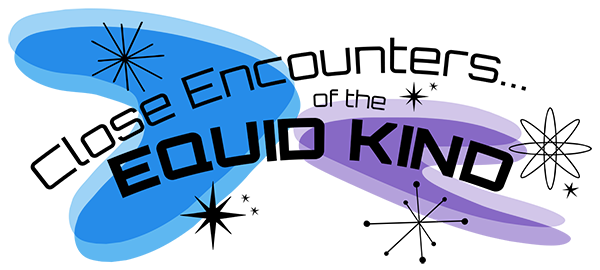Event Title
A Fall of His Horse: The Impact of Equines in the Military Career of Franklin Pierce
Session
Session 8: Equine Influences
Location
Mary Tefft White Cultural Center, University Library
Start Date
1-10-2023 2:00 PM
End Date
1-10-2023 2:40 PM
Description
On August 19, 1847, Franklin Pierce fell off his horse, injured himself, and fainted on the battlefield. The unfortunate incident, and a similar mishap with his horse the following day, completely changed the course of Pierce’s wartime service and damaged his reputation for years to come. But Pierce was by no means the only man whose experience of the war relied so heavily on his equine companion. This paper explores the significant ways in which equines and humans interacted during the war between the United States and Mexico from 1846 to 1848, using the career of Franklin Pierce to show how equines dramatically affected the events of the war. From the first shots on the Rio Grande, American officials recognized the importance of acquiring, training, transporting, and sustaining horses and mules for the army’s campaign into the Mexican interior. Officers like Pierce maintained several personal horses for the long march from Veracruz to Mexico City, rode them into the chaos of battle, and depended on properly tamed mules and mustangs to move wagon trains of supplies. As Pierce’s career indicates, the independent actions of these animals proved to be one of the most frustrating logistical problems for the American forces and at times seriously inhibited the ability of soldiers to fight in the field. Both indispensable and expendable, the “equid kind” certainly complicated, disrupted, and enriched the experience of Americans serving in Mexico.
Recommended Citation
Irving, James, "A Fall of His Horse: The Impact of Equines in the Military Career of Franklin Pierce" (2023). Equine History Collective Conference. 9.
https://docs.rwu.edu/equinehistory-conference/2023/sunday/9
A Fall of His Horse: The Impact of Equines in the Military Career of Franklin Pierce
Mary Tefft White Cultural Center, University Library
On August 19, 1847, Franklin Pierce fell off his horse, injured himself, and fainted on the battlefield. The unfortunate incident, and a similar mishap with his horse the following day, completely changed the course of Pierce’s wartime service and damaged his reputation for years to come. But Pierce was by no means the only man whose experience of the war relied so heavily on his equine companion. This paper explores the significant ways in which equines and humans interacted during the war between the United States and Mexico from 1846 to 1848, using the career of Franklin Pierce to show how equines dramatically affected the events of the war. From the first shots on the Rio Grande, American officials recognized the importance of acquiring, training, transporting, and sustaining horses and mules for the army’s campaign into the Mexican interior. Officers like Pierce maintained several personal horses for the long march from Veracruz to Mexico City, rode them into the chaos of battle, and depended on properly tamed mules and mustangs to move wagon trains of supplies. As Pierce’s career indicates, the independent actions of these animals proved to be one of the most frustrating logistical problems for the American forces and at times seriously inhibited the ability of soldiers to fight in the field. Both indispensable and expendable, the “equid kind” certainly complicated, disrupted, and enriched the experience of Americans serving in Mexico.


